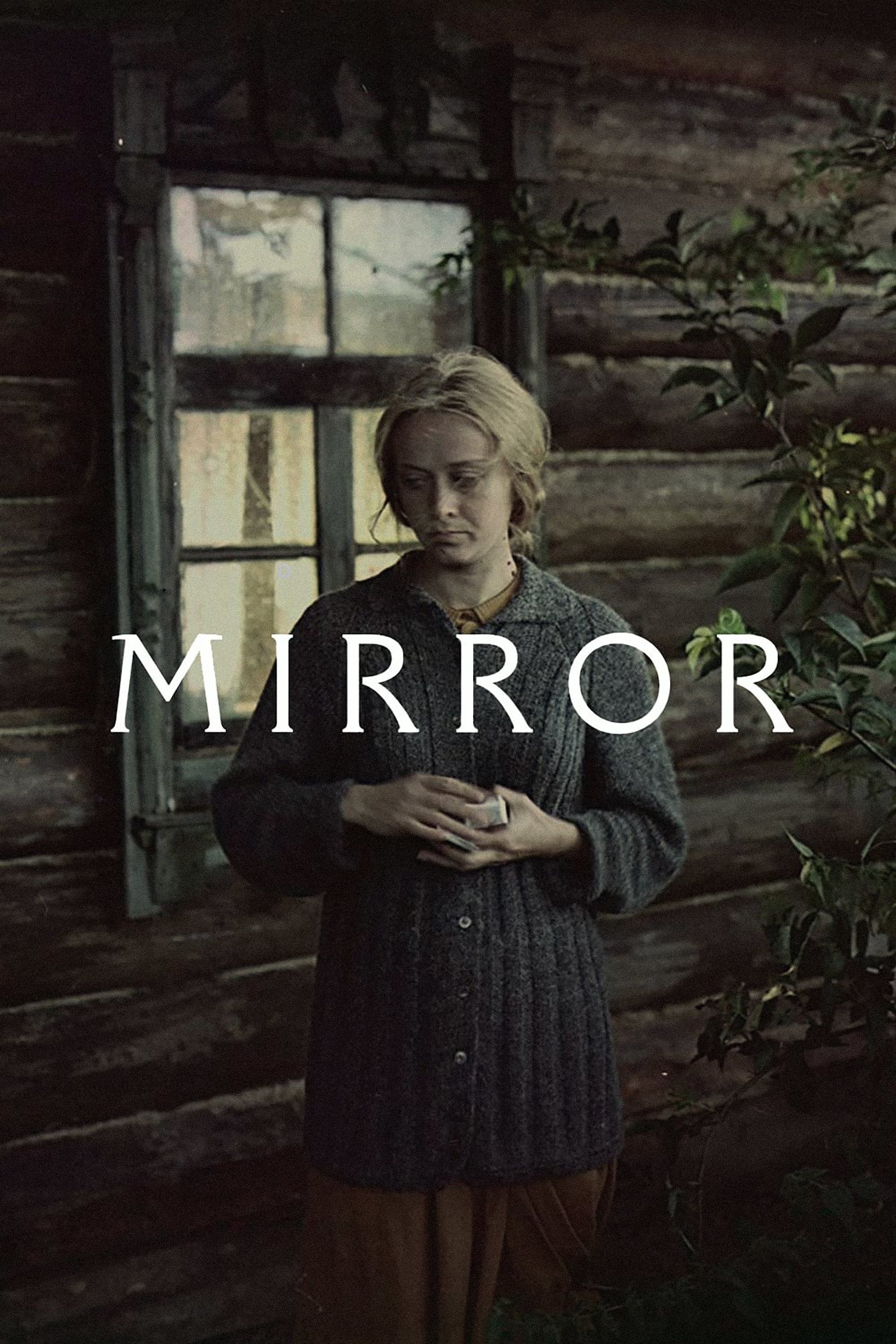
Mirror
1975
Rate this movie
Average: 0.00 / 5
(0 votes)
Director
A thankless task for the reviewer to attempt to capture with arid words what this film unfolds in an ethereal form and with an impalpable elegiac breath. It is a work that eludes capture, like a dream upon waking: its contours are blurred, its emotions lingering, and its meaning settles deep within, far beyond rational logic.
If a film can be an anatomy of the soul, "The Mirror" is its most audacious and lacerating dissection. It is an autobiographical work, yes, but far beyond mere chronological recollection; here Tarkovsky doesn't so much take stock of his own life as he dissects its raw material, revisiting his childhood with his younger sister and mother, in a rural and almost primeval setting, while his father abandons the family to disappear into oblivion, leaving a void that becomes the true, invisible backbone of the narrative. The non-linear structure, steeped in dreamlike sequences and bold temporal shifts, makes this film an experience closer to psychoanalysis or a hypnotic session than to a conventional narrative, leading the viewer to confront the fluidity of memory and the elusiveness of the past.
Characters blur and dissolve into one another, in a kaleidoscope of faces that overlap and reflect, like actress Margarita Terekhova who embodies both the mother and the protagonist's wife, almost suggesting a circularity of fate or an archetypal reiteration of the central female figures in the author's life. This fusion of identity, typical of dream and reminiscence mechanisms, enhances the intrinsically subjective nature of the film, making the boundaries between reality and memory, between self and other, porous and fleeting. In this magmatic flow, powerful poetic verses course, giving soul to the film's entire semantic scaffolding, not only accompanying the images but providing them with an additional dimension of emotional and philosophical resonance, like a lyrical counterpoint that elevates the narrative to an almost liturgical level.
Then with a cut, almost a breath suspended in the ether of time, the adult phase manifests when the author separates from his wife and son: the pain of separation materializes in images of subtle, almost imperceptible suffering, reflecting the same original wound of paternal abandonment. It is a pain that is not screamed, but manifests in the silence of rooms, in the glow of candles, in the polished spiritualism that characterizes daily routine, a search for transcendence in the mundane to exorcise human fragility. Again, a kind of blurring in the recollection of characters and their hazy identities, as if memory itself, in an attempt to grasp the past, made it even more diaphanous, more distant, a defensive strategy of the psyche in the face of loss and the inexorability of time that erases everything. In these sections, Tarkovsky touches the peaks of Bergmanian melancholy, while maintaining a visual grace that distances him from the psychological rawness of the Swedish master, bringing him closer instead to the meditative contemplation of Ozu or the ethereal rarefaction of Robert Bresson.
The director inserts into the narrative fabric, with a choice of sublime and rare artistic intelligence, poems by his father Arseny, a charismatic yet absent figure, whose voice-over becomes a generational bridge between paternal art and the son's cinematic vision. Famous is the composition “First Meetings,” a pinnacle of lyricism and premonition, to which Tarkovsky pairs images of daily routine that create with the poetic flow a kind of reverberating spell, a hypnotic and sensual dictation that rises from the soul, a synesthesia that merges word and vision into a single, uninterrupted heartbeat. "When fate followed us step by step, like a madman with a razor in his hand," recites the voice-over, and the woman to whom the poet dedicates these verses stops, almost listening to these words coming from a remote horizon, a warning, a confession, an echo of an inescapable past. This line in particular, with its violent and inexorable image, crystallizes the sensation of a preordained fate looming, a fatality that binds existences, traumas, and choices, beyond individual will. The choice to alternate black and white with color segments, together with the inclusion of archival footage that recalls historical events (the Spanish Civil War, the launch of a hot air balloon), is not mere stylistic virtuosity, but a mechanism to anchor the flow of personal memory to a collective and historical dimension, suggesting how individual biography is inextricably linked to the grand narrative of History, and how memory, even the most intimate, is always a complex and stratified construct.
A magnificent film, which cannot and should not be confined to a mere summary nor boxed into any speculative process, as any attempt at rationalization would blunt its evocative power and betray its elusive nature. Its greatness lies precisely in its unclassifiability, in its ability to resist any attempt at categorization, presenting itself as a sensory and spiritual experience even before it is a narrative one. Like the works of Andrei Rublev, whose spirit seems to pervade some of its most contemplative shots, "The Mirror" is not explained, but contemplated. It is a monolith of beauty and mystery, a Platonic khora in which the world reflects without ever fully revealing itself.
Simply a poem in images that flows, enchanting and moving, a filmed stream of consciousness that unfolds with the logic of memory and dream, where time is not linear but circular, where every image is charged with universal symbols (fire, water, wind, milk) that transcend mere personal anecdote to touch deep chords of the collective unconscious.
We ask no more of a film, and perhaps, in an era of information overload and didactic narratives, it is precisely this invitation to surrender, to pure aesthetic and emotional reception, that makes "The Mirror" an eternally necessary work, a beacon in the fog of excessive clarity.
Gallery
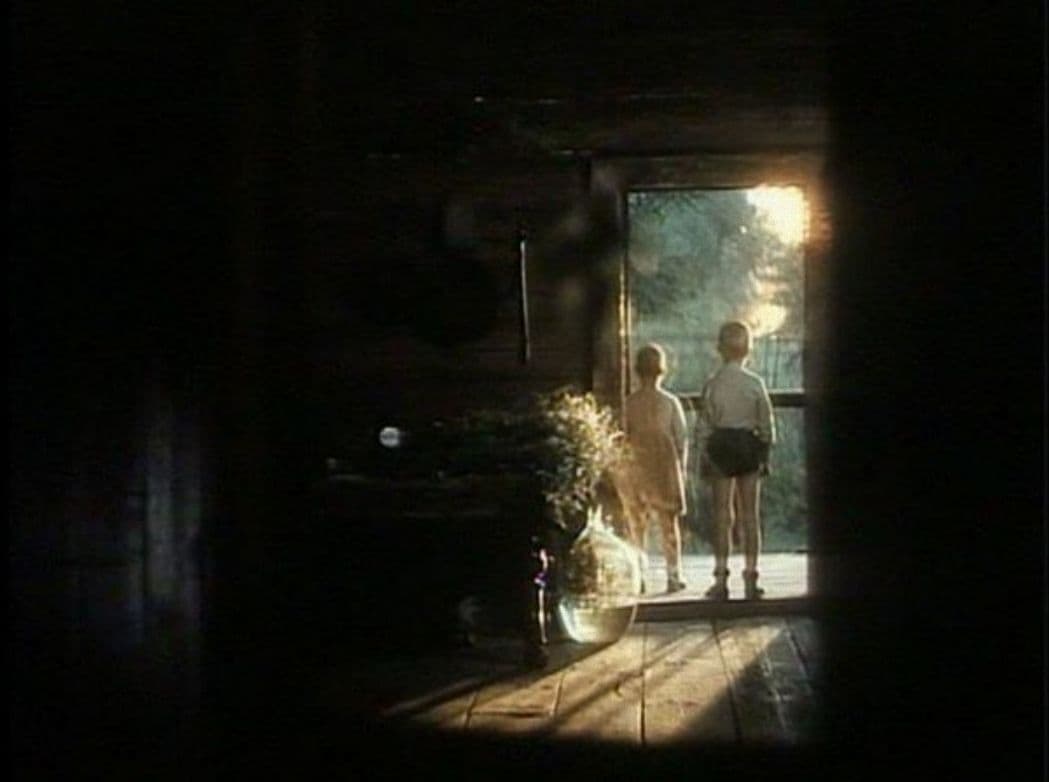
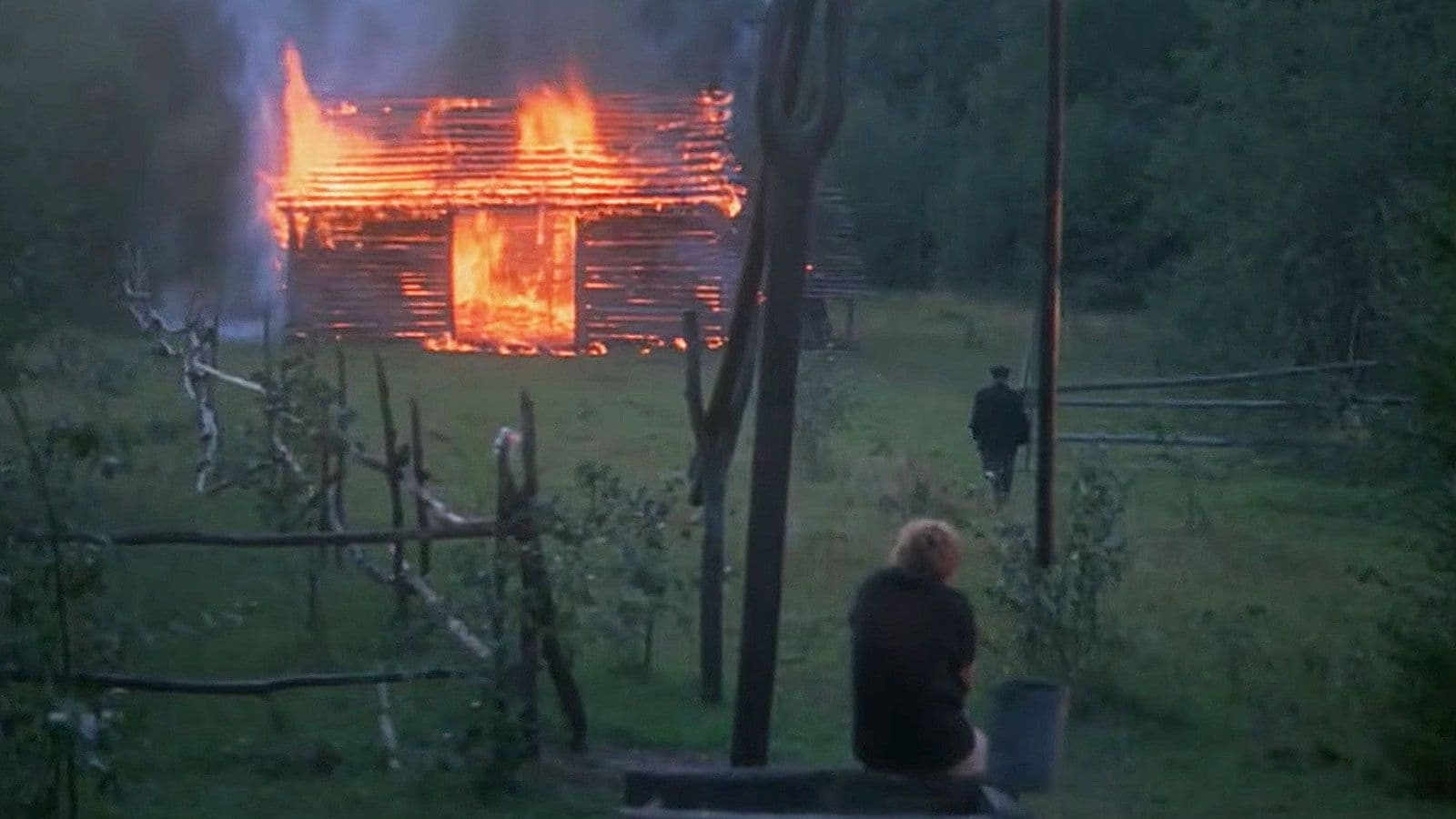
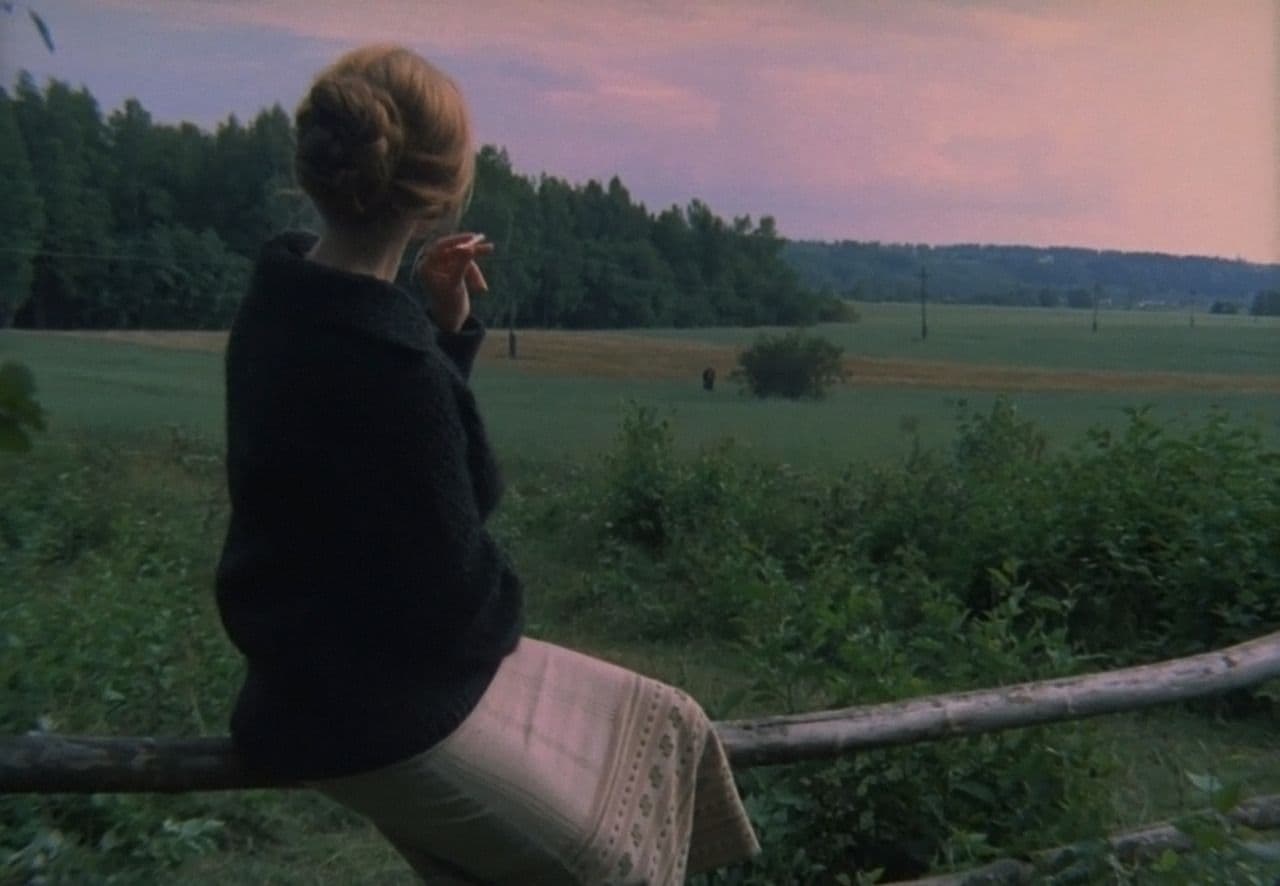

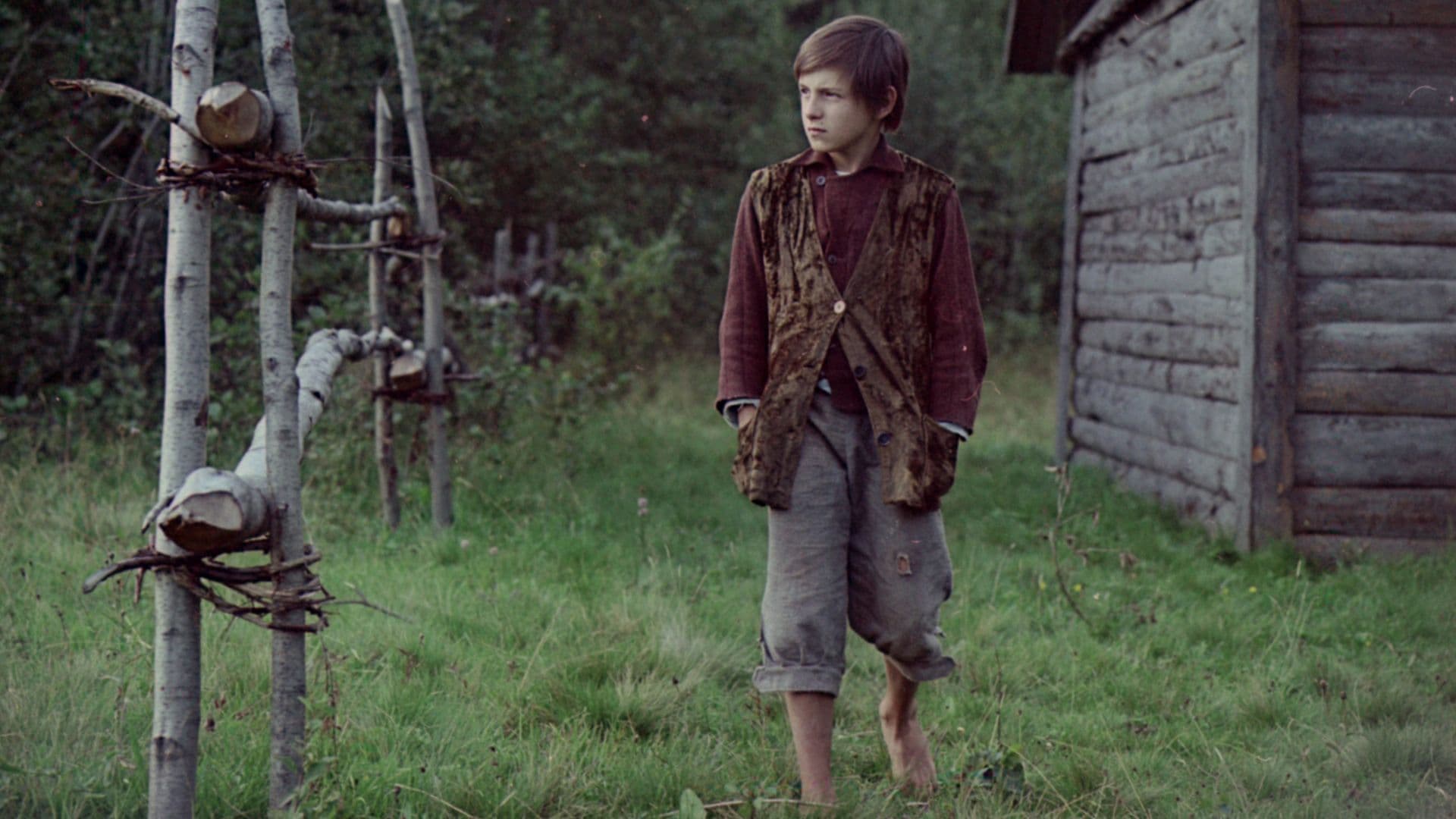

Featured Videos
Official Trailer
Comments
Loading comments...